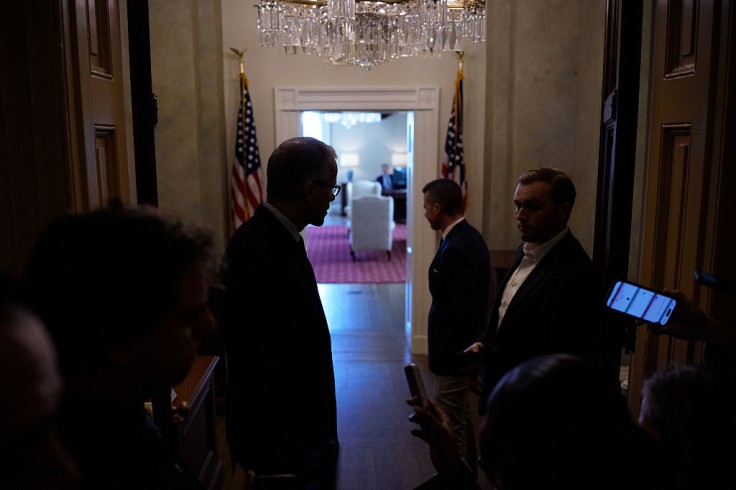
A looming federal government shutdown threatens to disrupt universities across the country, putting research projects, student aid, and daily campus operations at risk. While students may see little immediate change, the behind-the-scenes impact could ripple through classrooms, laboratories, and financial aid offices.
At the core of the disruption is federal funding. Many universities rely heavily on grants from agencies such as the National Institutes of Health, the National Science Foundation, and the Department of Energy. During a shutdown, these agencies may pause issuing new awards or processing grant renewals. Projects scheduled to start could be delayed, and universities may struggle to reimburse salaries or purchase essential materials for ongoing research.
Existing federal student aid programs, including Pell Grants and federal student loans, are generally protected since they are funded in advance. However, programs that rely on annual appropriations, such as federal work-study, may face delays. The uncertainty could create backlogs in financial aid offices, making it harder for students to access support during a critical enrollment period.
International students also face potential disruption. Delays at federal immigration and visa offices could affect new enrollments or status updates, complicating plans for both students and universities.
Beyond individual students and faculty, the shutdown could strain universities' broader operations. Institutions that depend on federal contracts or reimbursement for research infrastructure might need to reprioritize spending, delay capital projects, or tap into reserve funds. These adjustments can create ripple effects, slowing innovation and economic contributions to local communities that rely on research universities as hubs of development and employment.
Universities with diverse funding streams and strong reserve funds are better positioned to weather short-term disruptions. However, prolonged delays in federal support could slow research, affect early-career researchers, and undermine institutional planning. Even brief shutdowns create administrative challenges that can take months to resolve.
While the immediate classroom experience may remain largely uninterrupted, a prolonged shutdown would place significant stress on universities nationwide. From research laboratories to financial aid offices, the uncertainty underscores how deeply intertwined higher education is with federal operations.
© 2026 University Herald, All rights reserved. Do not reproduce without permission.








